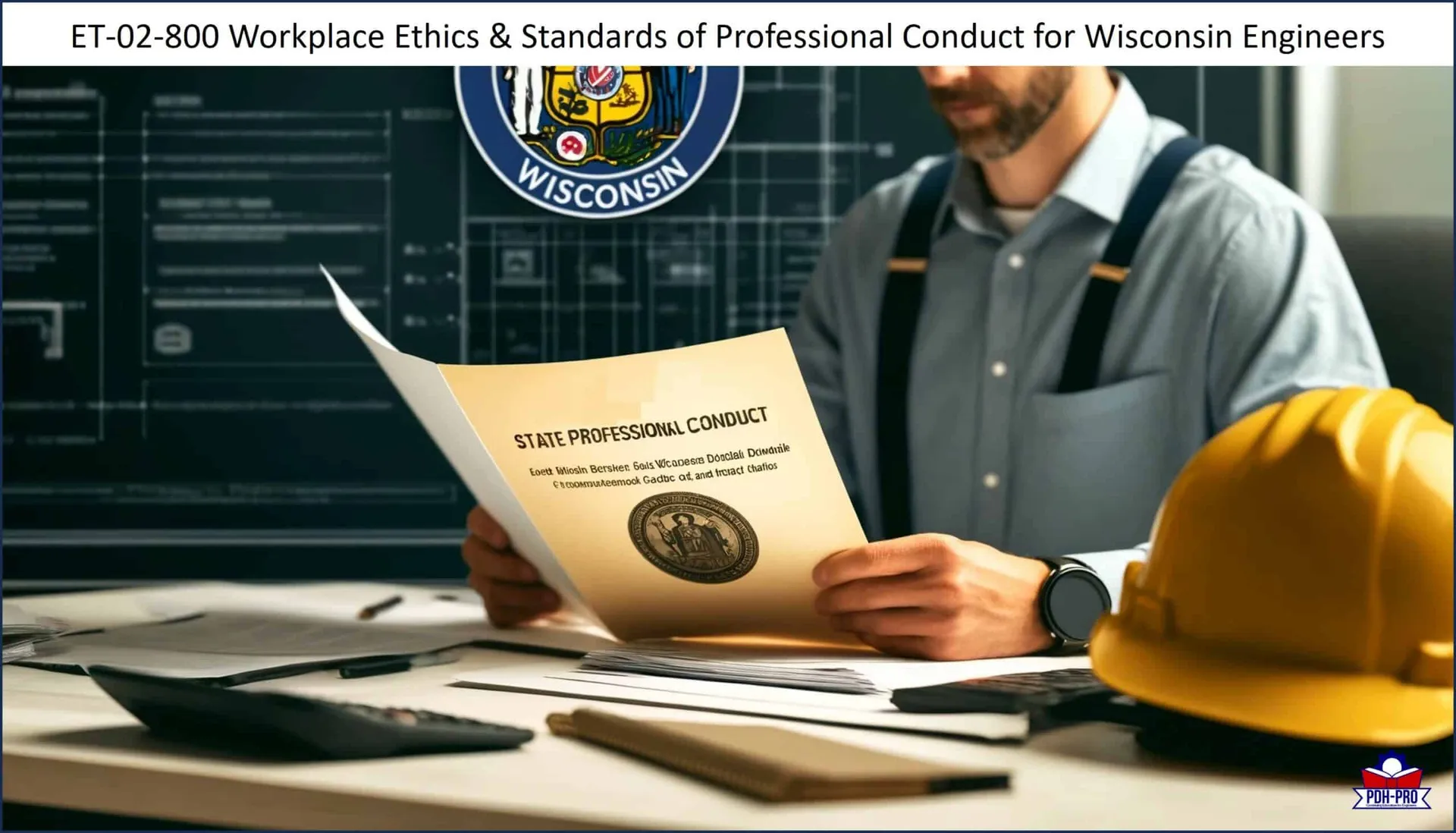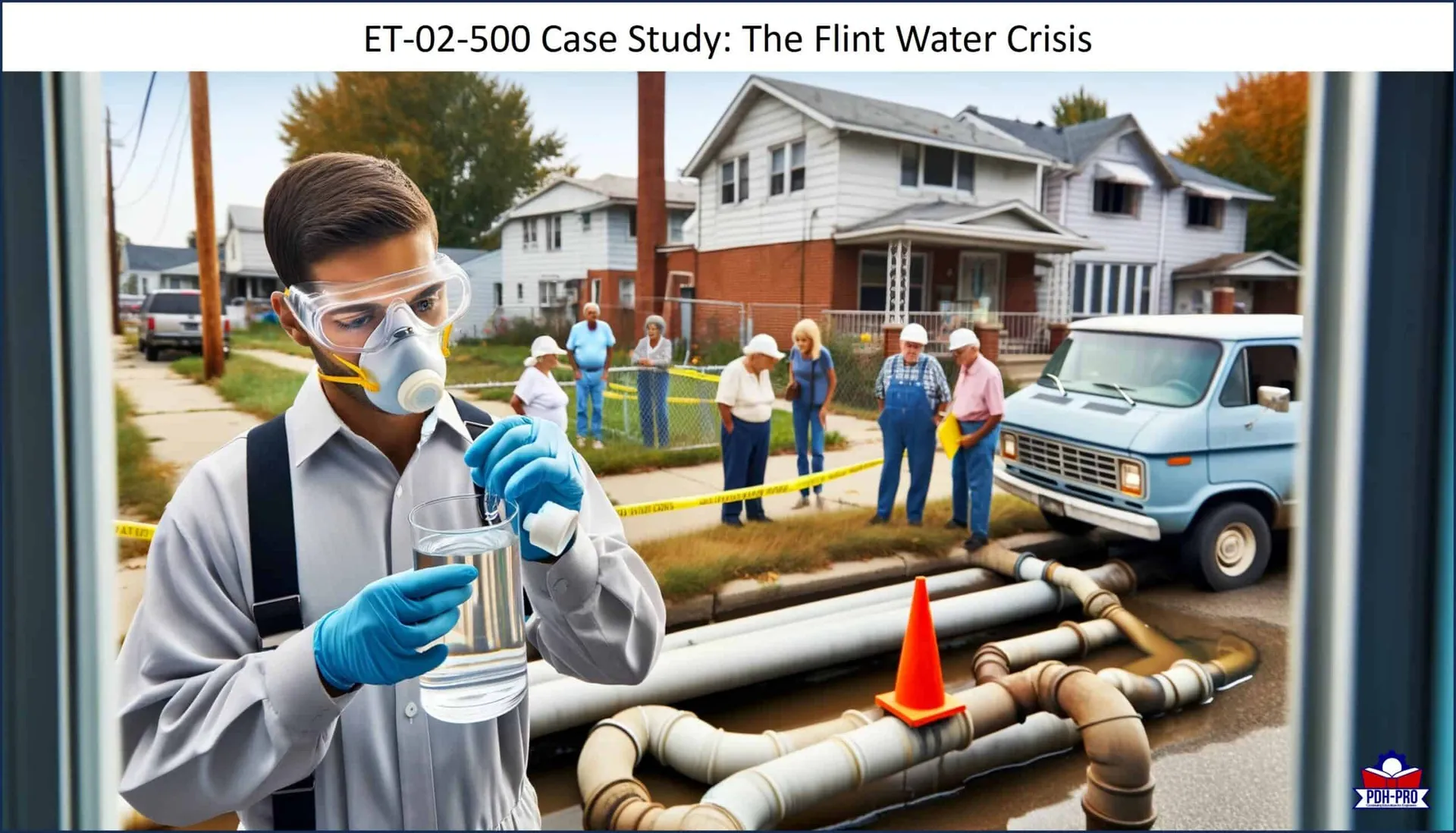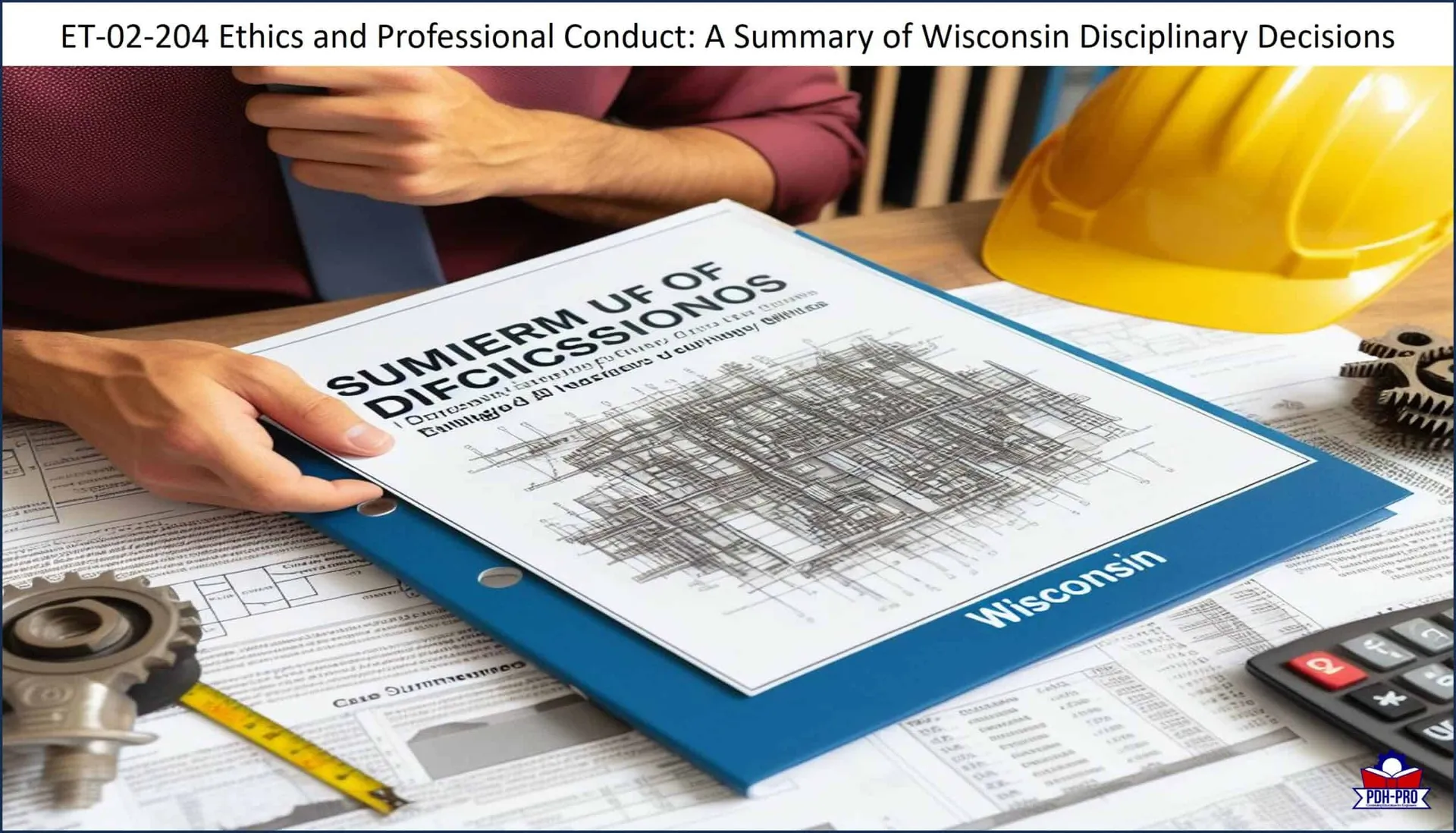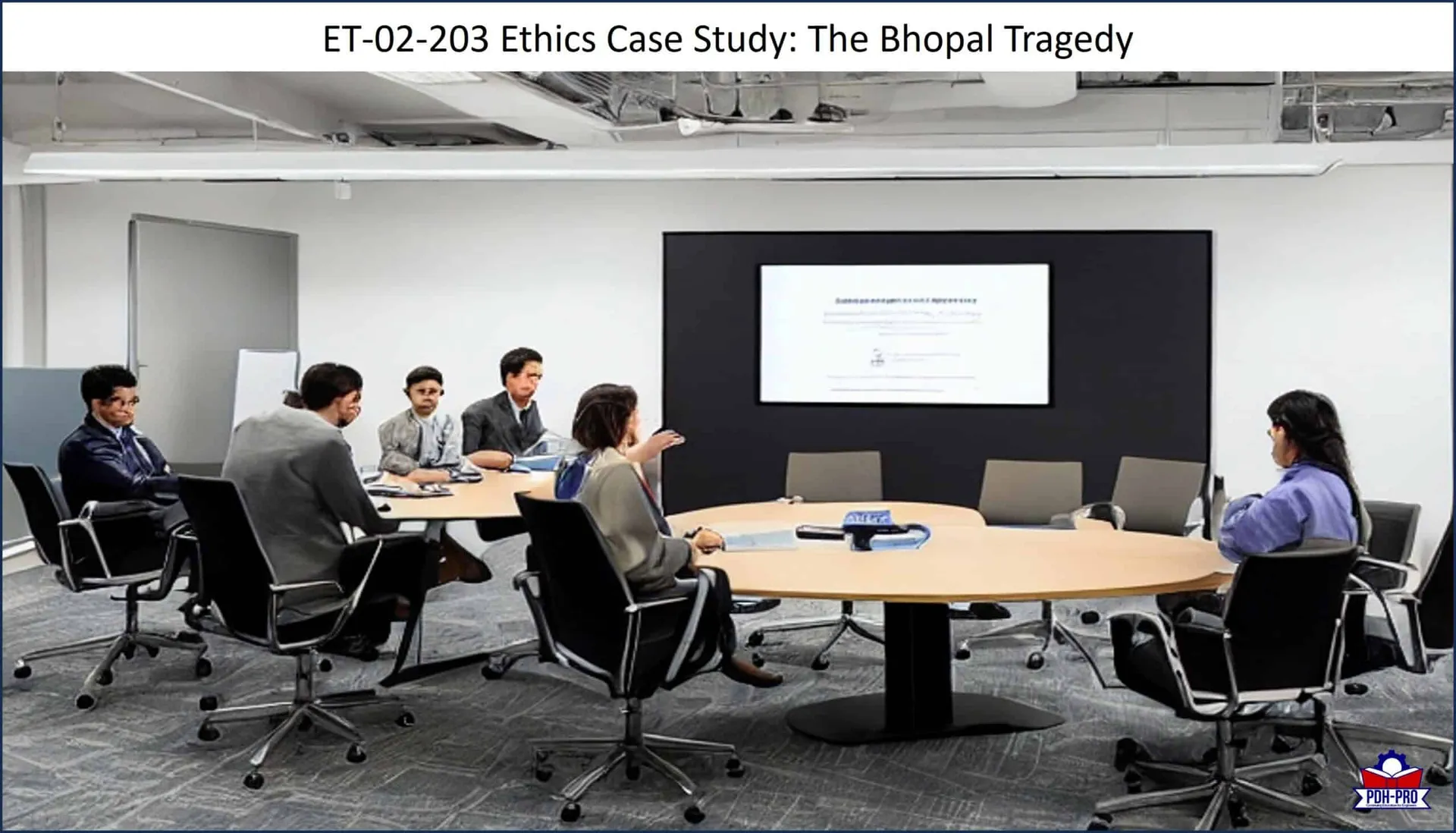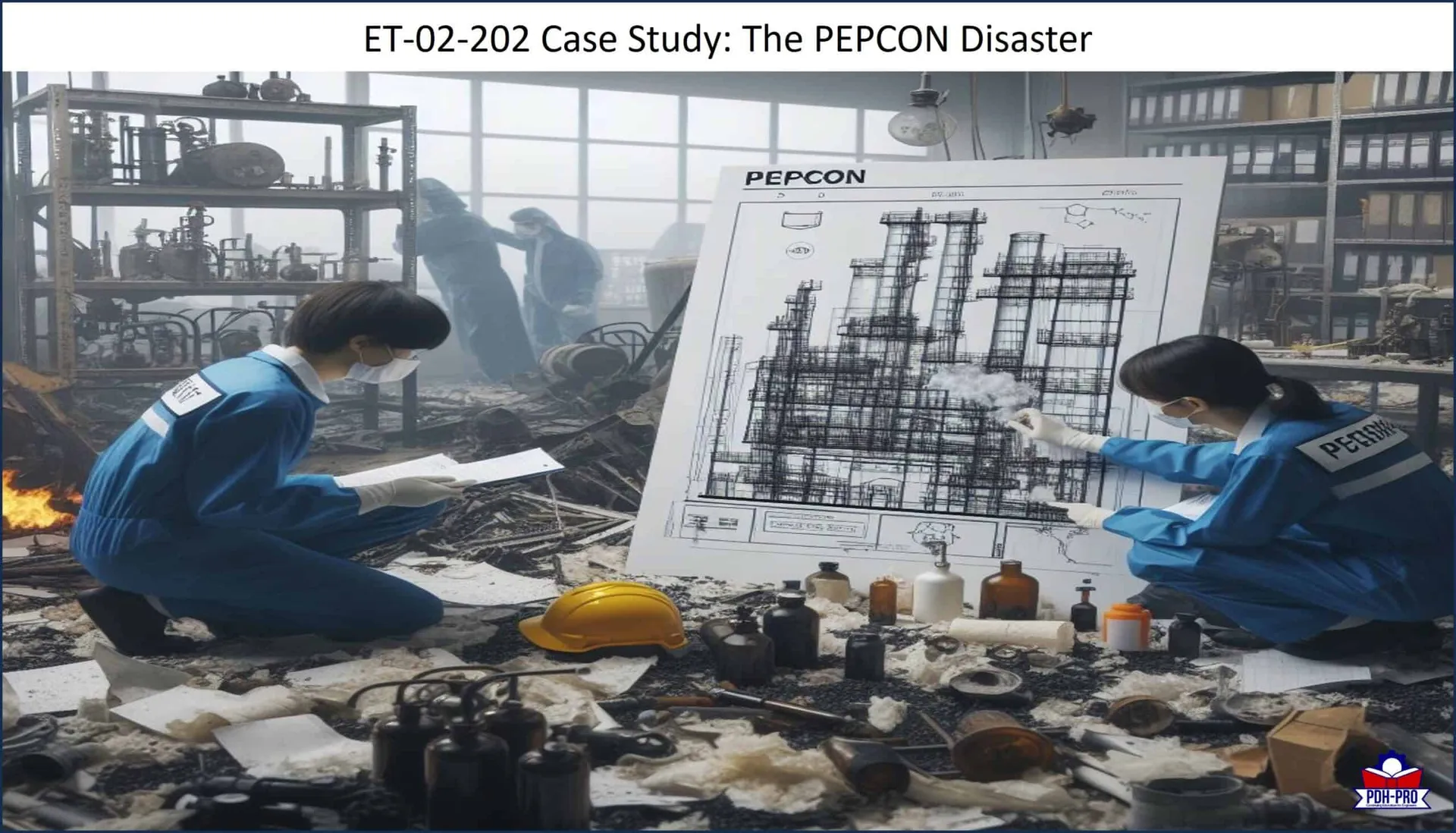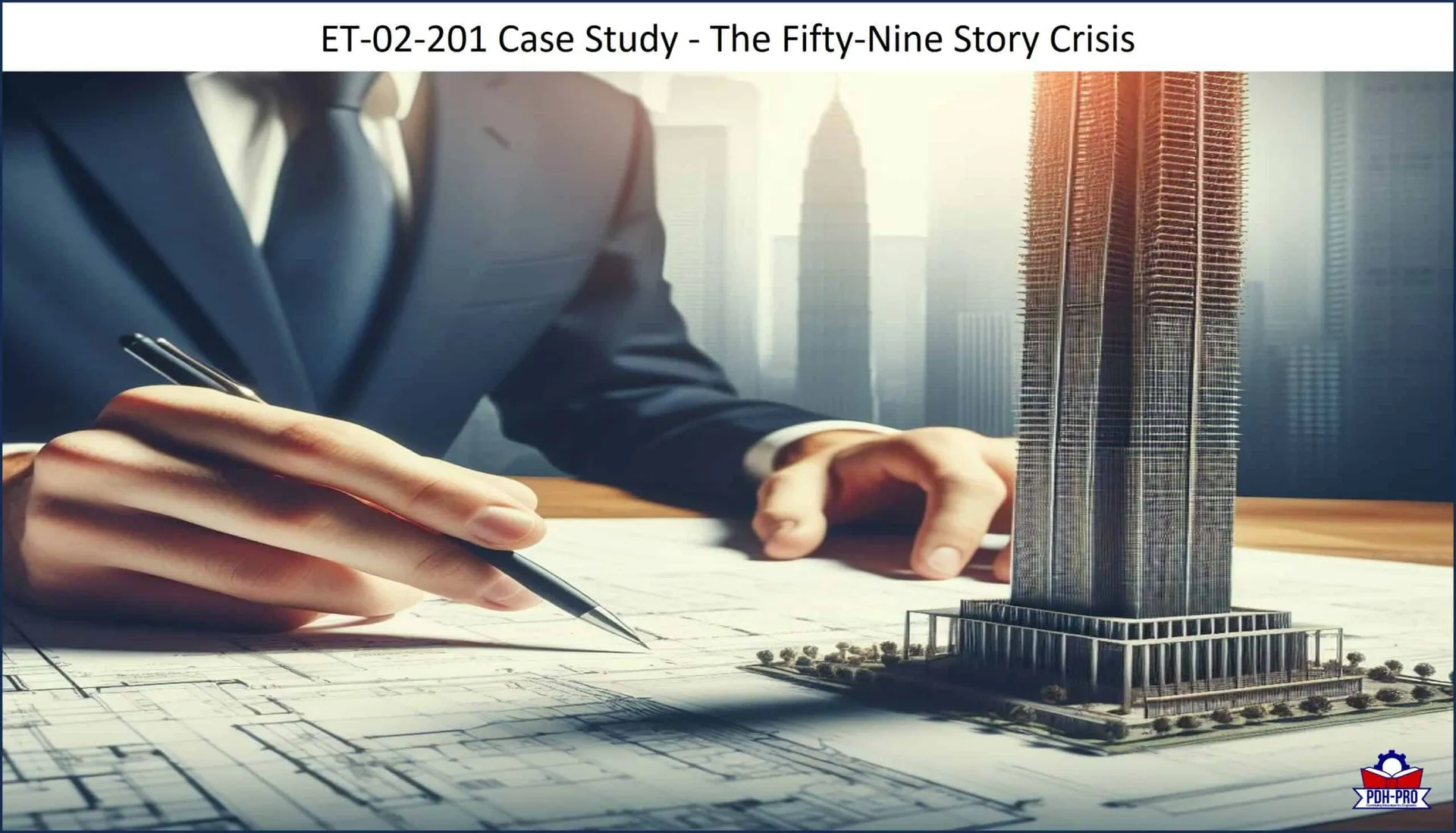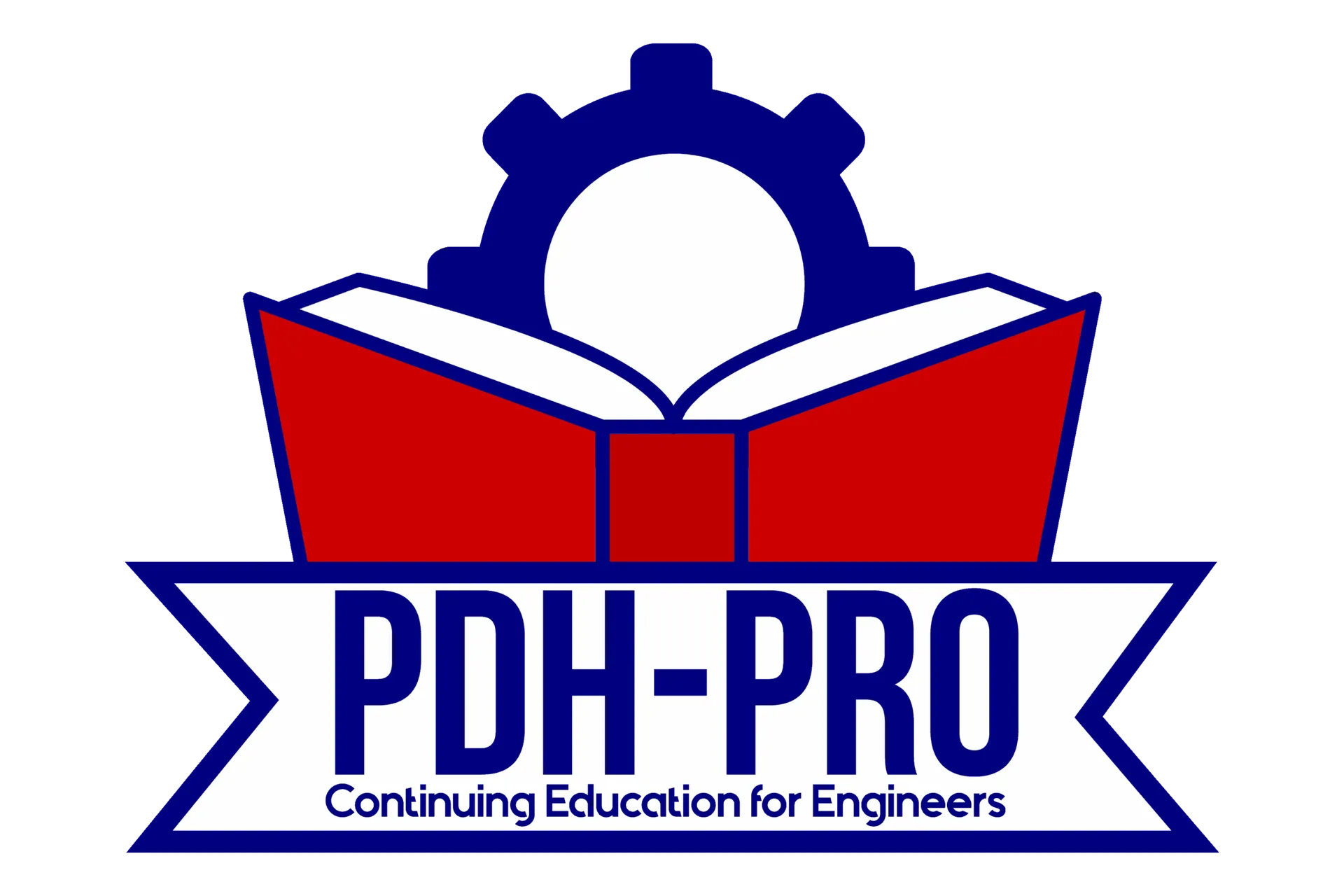
- Home
- Contact Us
- Corporate Solutions
- Webinars
- Packages
- Courses
- Categories
- Live Webinars
- Packages
- Chemical Engineering
- Civil Engineering
- Electrical Engineering
- Petroleum Engineering
- Environmental Engineering
- Geotechnical Engineering
- Mechanical Engineering
- Structural Engineering
- Sustainability
- State Rules and Regulations
- Ethics and Law
- Project Management
- HSSE
- Petroleum Engineering
- Timed & Monitored – Ohio
- On Demand Webinars
- More
Course Modern 2 Columns
Condimentum Cursus Lorem ParturientWorkplace Ethics & Standards of Professional Conduct for Wisconsin Engineers
Workplace Ethics & Standards of Professional Conduct for Wisconsin Engineers Recent corporate scandals highlight the need not only for appropriate ethical standards and conduct in business, but also for the personal strength and integrity to risk retribution in exposing unethical behavior. The information presented in this course is intended to support professional engineers in recognizing…
Case Study: The Flint Water Crisis
Case Study: The Flint Water Crisis This On-Demand webinar features the pediatrician who helped expose lead poisoning in Flint. It examines the regulation of drinking water quality as a health equity issue, describes the Flint water crisis, and explains what role public health can help play in maintaining the quality of drinking water. Once you…
Ethics and Professional Conduct: A Summary of Wisconsin Disciplinary Decisions
Ethics and Professional Conduct: A Summary of Wisconsin Disciplinary Decisions This course presents a rationale and basis for ethics and professional conduct for professional engineers. It is based on a review of seven disciplinary decisions from the Wisconsin Department of Safety and Professional Services. Each case study includes a summary of the circumstances surrounding the…
Ethics Case Study: The Bhopal Tragedy
Ethics Case Study: The Bhopal Tragedy The Bhopal case is an in-depth study of the industrial accident at the Union Carbide factory in India that immediately killed 2,000 people, injured another 200,000 to 300,000 more, and raised questions about plant safety and corporate responsibility around the world. This course details the design, operating, and cultural…
Case Study: The PEPCON Disaster
Case Study: The PEPCON Disaster A series of strategic and tactical problems at the PEPCON chemical plant led to a fire and eventual explosion of ammonium perchlorate, with an equivalent impact on the surrounding area of a 1-kiloton nuclear detonation. The explosion claimed 2 lives, injured around 370, and caused an estimated $100 million in…
Case Study – The Fifty-Nine Story Crisis
Case Study – The Fifty-Nine Story Crisis For many engineers, dealing with the myriad of requirements imposed on the practice of engineering and the complexities they impose can be challenging enough before any thought is given to the subject of professional ethics. In most instances, sound business or legal decisions will also serve to fulfill…
